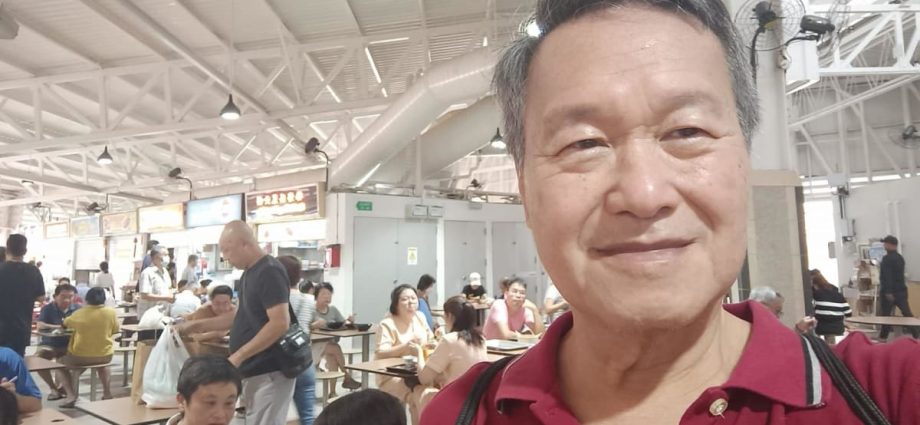
SINGAPORE: While former candidate Tan Kin Lian seems confident that he qualifies to run in the upcoming Presidential Election, political analysts said his path is not assured.
On Sunday (Jul 30), Mr Tan announced via a press release that he had applied on Jul 11 through “a proxy” for a certificate of eligibility to run in the election.
“Among the four potential candidates, I believe that Mr Tharman Shanmugaratnam and I meet the full requirements as set out in the Constitution,” Mr Tan said.
Mr Tan, 75, was the former chief executive officer of NTUC Income. On his website, he states that he was recruited to run NTUC Income in 1977 and worked there for 30 years.
“The assets of Income was S$28 million when I joined and increased by 600 times to S$17 billion when I left in 2007 at the age of 59 years,” he said.
He adds that he “fully” meets the criteria to contest in the election as the shareholder equity of NTUC Income exceeded S$500 million during the last three years of his service there.
Mr Tan was cleared by the Presidential Elections Committee (PEC) to run in the 2011 election, but the qualification criteria have since changed.
Previously, a private sector candidate needed to have led or chaired a company with paid-up capital of S$100 million or more. Now, they must have served as the chief executive of a company with shareholders’ equity of S$500 million or more. The conditions are laid out in Article 19 of the Singapore Constitution.
The rules also allow the candidate to qualify under a deliberative track, where the PEC can pass the applicant if they deem that the candidate has the experience and ability comparable to a chief executive who has run a company with shareholders’ equity of S$500 million or more.
But even if the numbers provided by Mr Tan are correct, he still needs to qualify under the deliberative track, said constitutional law expert Kevin Tan. That’s because NTUC Income is not a “company” within the meaning of the relevant Article in the Constitution but is instead a cooperative, Prof Tan said.
If it can be shown that in the three years preceding Mr Tan’s retirement in 2007, NTUC had a shareholder equity, or equivalent, of S$500 million or more; and that it had shown profit over that period, then Mr Tan should qualify, he added.
In 2011, Mr Tan had indeed qualified under the deliberative track. In a press release announcing the eligibility of the candidates in 2011, the PEC said: “The Committee is of the opinion that the organisation (NTUC Income) is comparable in size and complexity to a company with a paid-up capital of S$100 million.”
But his eligibility 12 years ago “by no means” ensures the same this year – be it under the automatic or deliberative track – said law professor Eugene Tan of Singapore Management University.
But if the figures provided by Mr Tan are correct, then he has a good case for qualification, said SMU’s Dr Tan.
Political science professor Chong Ja Ian from the National University of Singapore agreed, saying: “Whether Mr Tan qualifies under the deliberative track for the private sector is up to the PEC, whose decisions are not subject to review, including in the courts.
“For now, Mr Tan’s eligibility under the deliberative track for the private sector remains a possibility, at least technically.”
Dr Gillian Koh, senior research fellow at the Institute of Policy Studies, said that while Mr Tan says he is eligible, only the PEC can confirm that.
She added that she hopes the committee can provide a slightly more detailed report on their assessments this time round.
“This is important to the candidates and helpful to citizens as they seek to understand the processes of the election and establish in their own minds how sound the eventual outcome of the election is,” she said.
Mr Tan also said in a post on his website on Tuesday: “I am responding to a call from friends to stand for election and prevent a walkover, in case the other candidates are disqualified.”
Two other prospective candidates who indicated their intention to run do not automatically qualify. Businessman George Goh, 66, could qualify under the deliberative track for the private sector, while Mr Ng Kok Song, 75, former GIC investment chief is relying on the deliberative track for the public sector.
In 2011, Mr Tan came in last out of four candidates with 104,095 or 4.91 per cent of the total votes. He lost his deposit of S$48,000 for failing to garner more than one-eighth of the votes.

